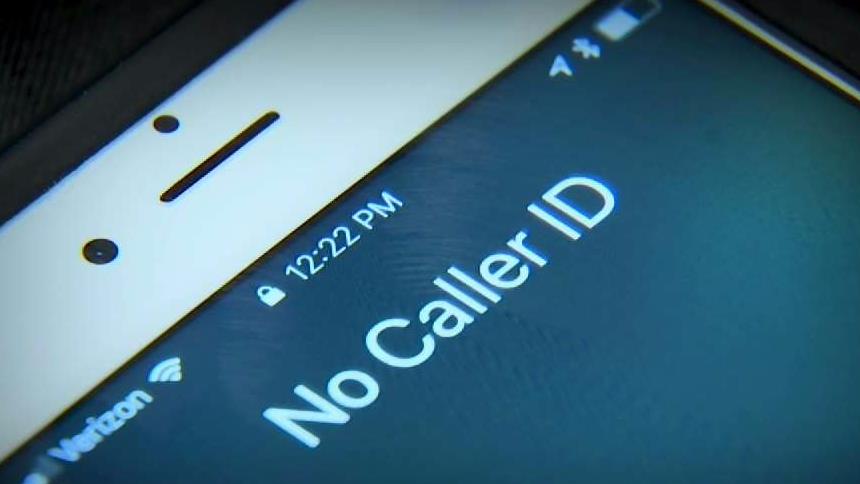Higher utility rates will be here starting on Jan. 1. NBC 7 has already talked about higher energy rates, but water and wastewater rates are rising too. That means higher utility bills are on the way for many San Diegans.
But just how much are they going up? Some, like water and wastewater increases, are set in stone, while others are being modified right up to the last minute. That can make it hard for families to plan.
Utility Rates in San Diego
Energy
Get top local stories in San Diego delivered to you every morning. >Sign up for NBC San Diego's News Headlines newsletter.
When NBC 7 spoke with SDG&E in October, the utility estimated an average monthly energy bill could go up by as much as $28, but that number could change. A recent California Public Utilities Commission filing obtained by NBC 7 estimated a $22 monthly increase for energy.
However SDG&E said we won't know the exact rate increases until closer to Jan. 1, 2023. That's because the CPUC still has a business meeting to vote on proposals later this month.
In a statement, the company said: “SDG&E remains committed to working with our customer as prices for a variety of goods and services, including natural gas, continue to surge across the nation. It’s important that we help customers prepare as much as possible for colder weather and higher winter energy bills and that we provide access to financial assistance. For those who may be struggling to pay or would like to learn more about how to save on their energy bill, we encourage them to visit sdge.com for tips and resources.”
Natural Gas
Speaking of natural gas, you'll also likely be paying more for that as well. In January of 2022, one of the main drivers of high energy bills was the spike in natural gas prices. SDG&E does not mark up the price of natural gas, so you pay what the utility pays.
Unfortunately, those market prices are still high. For the week of Nov. 26, 2021, the Energy Information Association said the price was $4.90/Btu, meaning British thermal unit. For the week of Nov. 25, 2022, the price was $6.41/Btu.
Natural gas is also used to generate electricity too, which means you could feel those higher prices whether or not you have gas-powered appliances.
Water
Water bills could also go up as rates increase. A 2.5% pass-through charge goes into effect on Jan. 1 because of the higher cost of importing water. The San Diego County Water Authority approved the rate adjustment back in June, but the increase doesn't stop there.
For people in the city of San Diego, wastewater rates are also going up. A 4% increase takes effect also on Jan. 1, part of a series of annual rate hikes planned out through 2026.
In a statement, the City said:
On Jan. 1, 2023, a pass-through charge from the San Diego County Water Authority of 2.5% goes into effect to pay for increases in the cost of imported water supplies. Also, wastewater rates will increase by 4% on Jan. 1, 2023. These increases were approved by the City Council on Sept. 20, 2022, and Sept. 21, 2021, respectively, and will help the City continue to upgrade core infrastructure by replacing aging pipes and wastewater mains and fund investments like Pure Water.
The change to City of San Diego Public Utilities bills will vary based on the type of account (commercial, residential, etc.) and the use of the wastewater system. For more information, including details on reducing water use and the Low Income Household Water Assistance Program, please visit sandiego.gov/rate-increases.
What to do to save on bills:
If you're looking for ways to cut back on your energy and water bills, here are some ways to make your usage more efficient:
- Adjust the thermostat. Even just a few degrees can really change how much your heater or A/C costs
- Lower your water heater thermostat. SDG&E says reducing the temperature by 10 degrees could save you five percent of your water heating costs
- Upgrade your lighting to energy efficient bulbs and fixtures
- Use smaller appliances. If it's not a big meal, try using a slow-cooker or toaster oven, which use less energy
- Look for leaky doors or windows. Make sure your home isn't letting the cold air in as you try to heat up your home
- Take shorter showers. A 5-minute shower can save 12.5 gallons of water
- Wash full loads of clothes or dishes
- Use a broom instead of hosing down your patio or walkways



